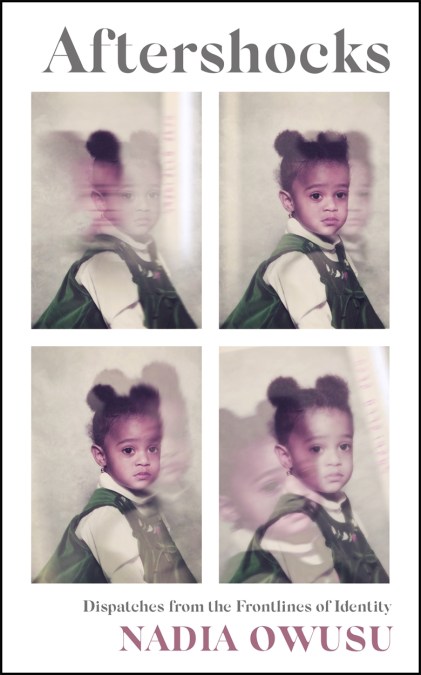Black for a Day: White Fantasies of Race and Empathy [Smith Review]
The Black Scholar: Journal of Black Studies and Research
Volume 50, (Winter 2020) – Issue 4: Black Girlhood
pages 86-88
DOI: 10.1080/00064246.2020.1811610
Justin Smith, Ph.D. candidate in English and African American
Pennsylvania State University

Black for a Day: White Fantasies of Race and Empathy, by Alisha Gaines. Chapel Hill: University of North Carolina Press, 2017. $27.95, paperback. 230 pages.
Black for a Day takes on “white-to-Black” racial passing through five readings of first-hand accounts. While it would be simple enough to bring up such examples of passing as nothing more than farces, Alisha Gaines offers a valuable genealogy of this phenomenon, seeking to view these incidents through the lens of (failed) empathy. Gaines introduces the book with a personal anecdote about how she was responsible for makeup in her majority-white school’s version of Finian’s Rainbow, and one of her jobs was to apply blackface to one of the white actors for a scene where the character magically transforms from white-to-Black. Initially, Gaines did not see a problem with doing this, but she came to see this event as revealing “profound, uncomfortable, and often contradictory assumptions about the bodies we inhabit” (3). Consequently, Gaines sets out to “(construct) a genealogy of temporary black individuals operating under the alibi of racial empathy” and borrows her definition of empathy from bell hooks’s definition of “eating the other,” which, “highlight|s| how empathy fails to bring about systemic or institutional racial change” (8).
In the first chapter, “Good Niggerhood,” Gaines examines Ray Sprigle, a journalist who went “undercover” in 1948 in an effort to document an authentic Black experience. Sprigle finds it important to go to the South since he assumes the South is where the real racism is. Gaines spends a good portion of the chapter discussing “Dixie terror”: the assumption that the South—no particular place in the South, but just the imaginary of the generalized South—is where racism resides, and that “only violence and suffering render black bodies worthy of attention” (23). Gaines pushes back on these claims, arguing that racism is not restricted by geography, and that Black life is more than just violence and suffering. Gaines has two main critiques of Sprigle. The first is that he “never learned what it meant to be a black man, and instead, he only learned how to be a ‘good nigger'” (31). The second is that “he confuses black epistemology, experience, and narrative authority with making a few new black friends” (36). She argues that Sprigle does not have any sort of authentic Black experience due to his penchant for being obsequious when in disguise, but he also speaks…
Read or purchase the review here.





.jpg?format=jpg&width=1920&height=1080&fit=crop)

